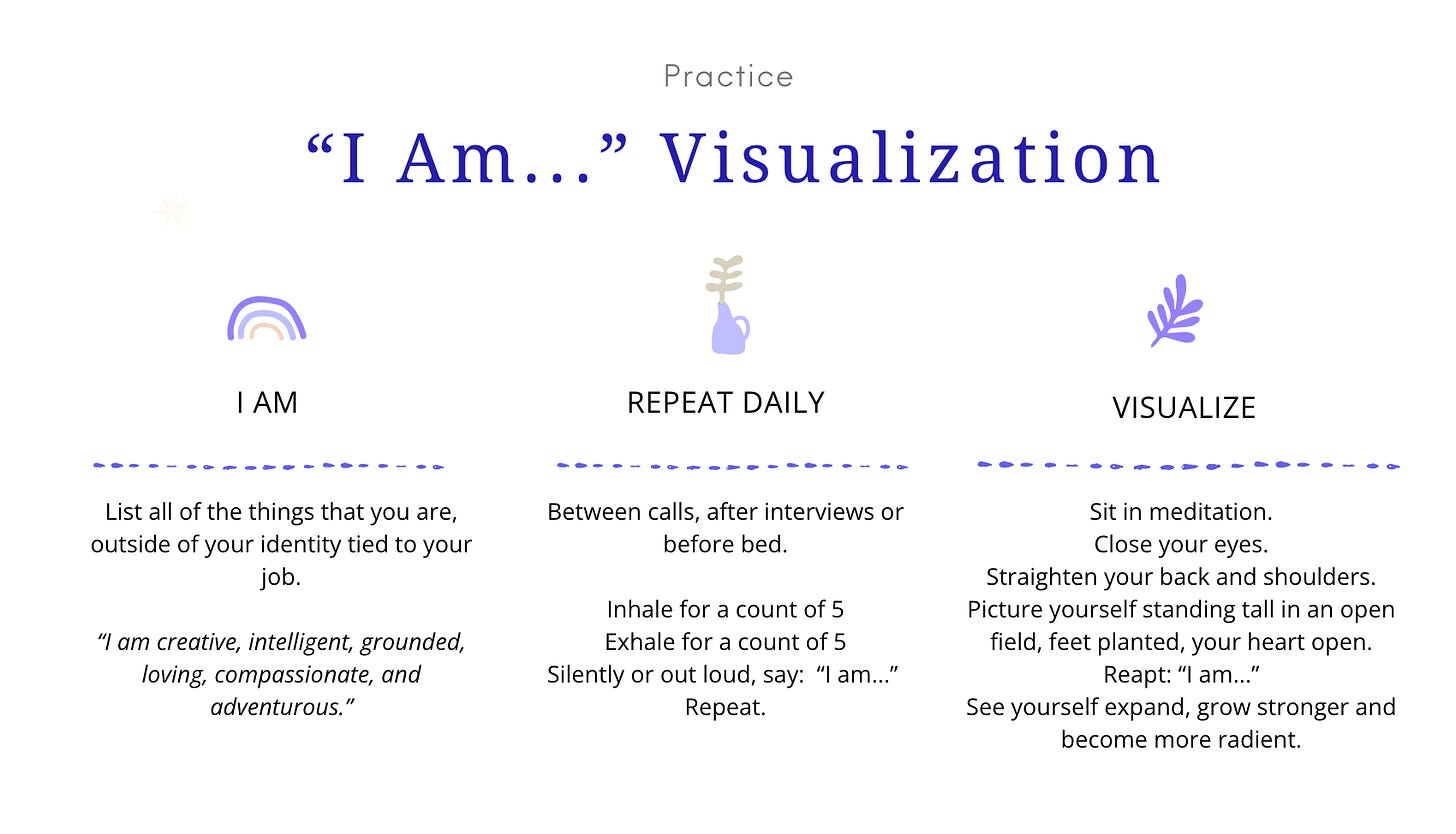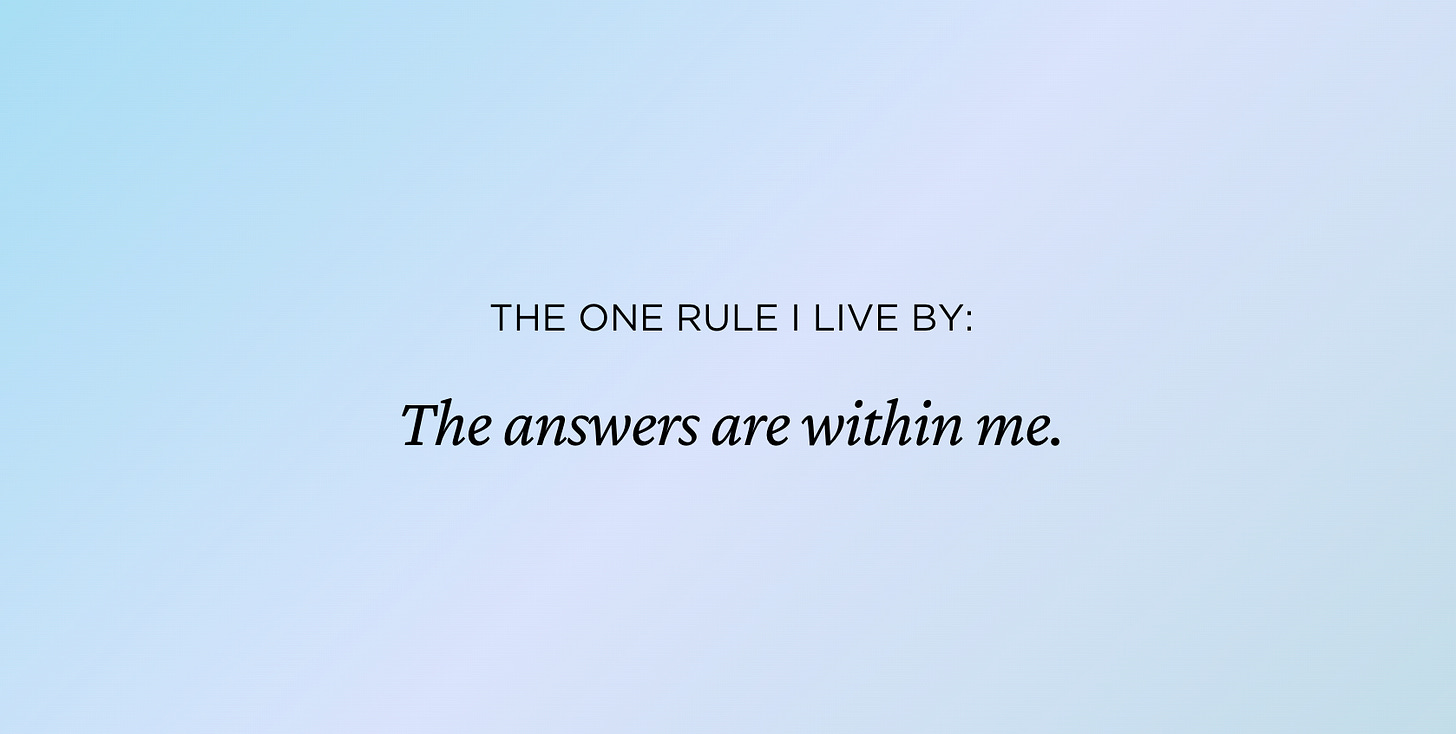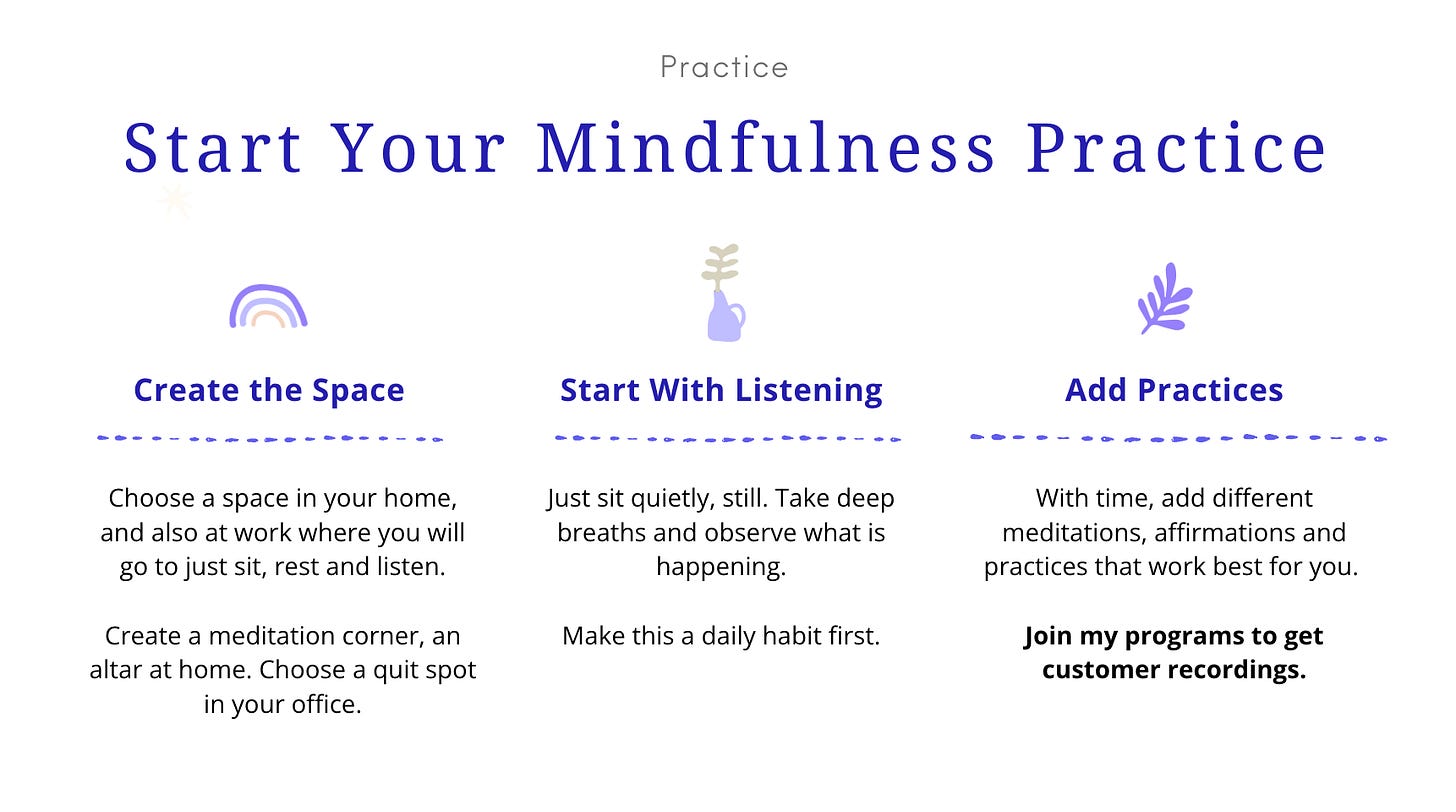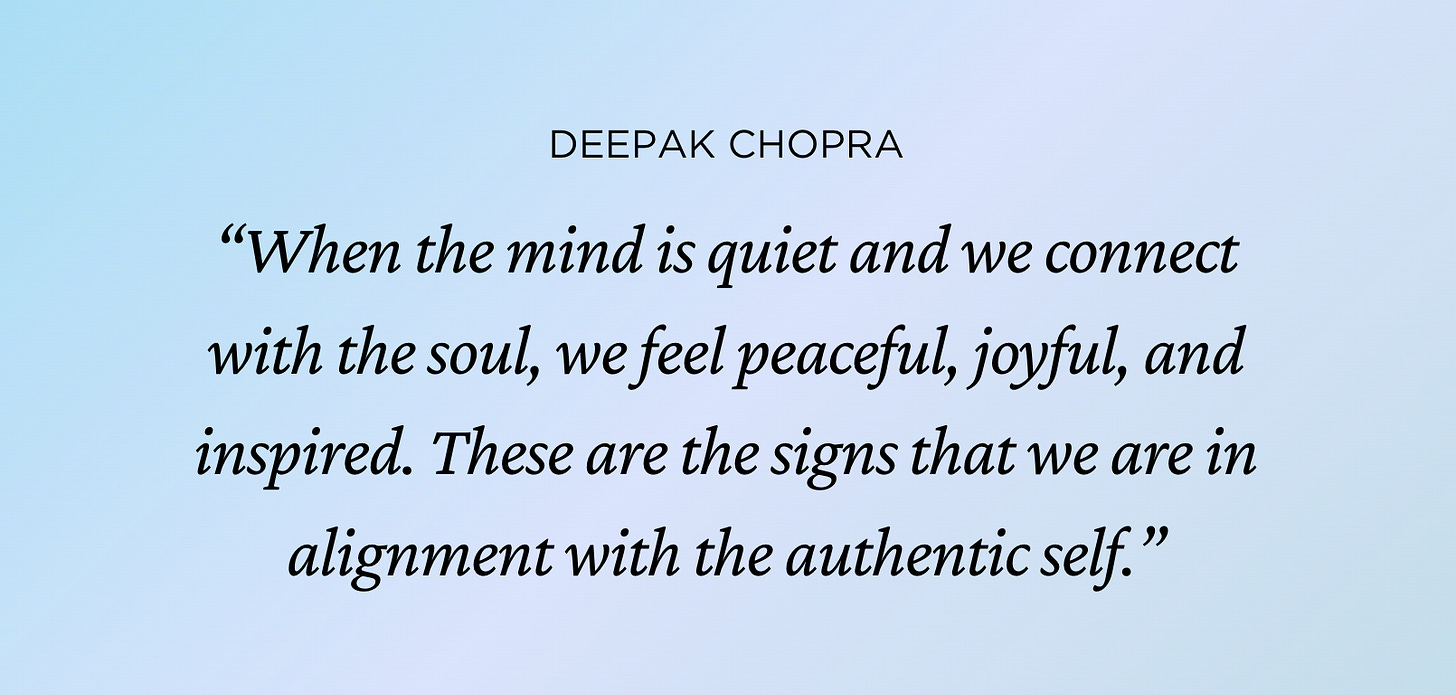“I don’t know who I am anymore.”
That’s the most common thing I hear.
“I don’t know who I am anymore.” That’s the most common thing I hear.
For a long time, I thought I was the only one who felt that way.
It happened after I lost my job.
Everything that used to motivate me…didn’t.
My identity din’t want to be attached to anything in it’s past.
Not “Founder” or “Entrepreneur” or “Product Manager”.
Now I know, there’s so many of us feeling like this now:
After a job loss
When the chase for titles or money stops feeling rewarding
When your career no longer excites you
Or after leaving a toxic environment
At this point, most people feel:
Numb
Empty
Demotivated
Confused
And they wonder: Am I okay?
The answer is yes. You are okay.
You’re just “losing yourself to find yourself”
Jung calls this the death of the old ego
Neuroscientists might say the brain is releasing an outdated self-concept
Nietzsche and Kierkegaard call this an existential collapse, where one faces nothingness “Who am I really?” Is the most important part of the growth process.
To know who you are requires:
Stillness
Space
Time
No noise and expectations
Genuine curiosity
Mindset of exploration
But most of us have never been taught how to listen to ourselves.
We’ve been taught to listen to:
Parents
Schools
Jobs
Partners
We learn to help others from a place of obligation vs. excitement.
We people-please for recognition.
We do what is expected of us, not what fulfills us.
And one day, we wake up wondering why nothing feels like us anymore.
Part of the Discover Your Purpose: Reinvent Your Career, I help people look into this.
To find the root cause.
To reconnect with what truly energizes.
To understand their “essence” - that self in them that doesn’t change, even if their career, role, title, motivation.
To understand their joy, happiness and make more of it.
It’s Not Your Fault: We’re Facing a Meaning Crisis
This questioning is common for most people to experience at least one time in their life. On top of that, the world today highlights the need to do this reflective work even more.
The world of work is rapidly changing.
Layoffs, changing job descriptions, new skills, AI, and outsourcing.
Everything we were told to do, is no longer working.
Go to school > get a job > work your way up. There’s no playbook anymore. Jobs that never existed, now exist. Technology has changed everything many times from the internet, to mobile phones to AI and the pace will continue.
People are burned out, unclear, and demotivated. We’re a sponge to our environment.
So much change, movement, noise, information, and distraction, yet no clear direction or safety.
Yet, it’s more important then ever to come home to yourself, and understand who you are and what you want. Because the only guidance you can trust is your own.
And listening to yourself is the way to get through any setback.
You Pick Up Identity Attachments That Cloud The Real You.
Many of us, especially children of immigrants, are conditioned to equate success with stability, status, and “real” professions.
The “I’m bad if I don’t succeed” narrative starts early from school and parents.
These external definitions of worth can shape our inner voice and lead us to attach our identity to job titles, achievements, brands or expectations.
We become our job title or company, and forget who we really are losing our authenticity and inner compass in the process.
Roles, status, accomplishments, and stories create the ego, a temporary mask.
You are not your job.
You are not your achievements.
You are the awareness beneath them.
Jung: Success Without Meaning Eventually Collapses.
Meaning, even in small things, is what sustains us.
Early in life, we often build a persona: success, titles, achievements.
Jung warned that over-identifying with this outer mask leads to emptiness.
In midlife, the ego’s collapse often pushes us to seek deeper meaning.
Purpose emerges when we turn inward, aligning with the Self rather than societal definitions of success.
Eckhart Tolle: When Identity Is Tied to Achievements, Ego-Loss Becomes Inevitable.
The ego:
Seeks identity through roles, labels, and achievements.
Tends to equates having with Being: I have, therefore I am.
Makes you think, you are your mind. You’re not.
Is the false self → the need for external validation (titles, achievements) clouds authentic self.
The truth of who you are is “I am” not “I am this or I am that”
When ego loosens it’s grip:
You give up defining yourself to yourself and to others.
Presence, intuition and authentic joy guide your choices.
Purpose is found in this presence, not in clinging to past identities or future anxieties.
So what to do now…
Step 1: Giving Yourself Permission to Explore
“The privilege of a lifetime is to become who you truly are.”
- C.G. Jung (Collected Works, Vol. 16)
Without ego, decisions aren’t about prestige, money, or proving worth. Decisions become guided by inner values, curiosity, and intuition which often leads to more fulfilling career moves through exploration.
You will have a lot of thoughts as you let go of certain identities, embrace the uncertain, in-between state and ask yourself who you are and what’s next.
I’m a big believer in reframing your thinking, and building the habit of noticing how you think, write, speak to others about your current journey.
Instead of saying “I’m lost, empty, don’t know who I am”
Say “I love who I am becoming.”
Say “I am learning, discovering, and reconnecting with my truth.”
Say “I give myself permission and time to explore.”
Affirmations are amazing at building new beliefs.
Step 2: Losing Yourself (and Why That’s Okay)
Identity loss, spiritual awakenings, and feeling empty are not breakdowns.
The pain is a signal that you are holding onto an identity that you’ve outgrown or that isn’t yours.
Loosen attachment to titles. Many people feel trapped because they’ve over-identified with a role (“I am a PM / designer / lawyer”).
Letting go of ego’s attachment to titles creates space to imagine new possibilities without fear of “losing yourself.”
True clarity comes when we remove those attachments and in the emptiness ask:
Who am I without the job, the partner, or the external validation?
Step 3: Remembering Your Essence
This questioning helps us understand our unique design and essence that we carry no matter what we do.
As you dissolve your ego and allow your authentic self to emerge, success isn’t just another accomplishment but living as your authentic self.
In the process, we overcome the fear of detaching from ego-driven identities, and let go of the judgment and feeling of failure that comes with not obtaining societal labels and roles.
Reflect on who you truly are. Not the person that you try to be to make others happy.
Who am I without my roles, titles, or labels?
What are your gifts, talents and passions?
What words describe you best?
How would your family or friends describe you?
What truly brings you joy?
Who are you when you feel most expansive and radient?
How do you introduce myself to others?
Step 4: Find Your Answers Through Presence
It’s important to move from fear to presence. Being still, mindful, and in the present moment to watch what is happening in your heart, body and mind is the only way to move through fear.
Ego worries: “What if I fail? What will people think?”
When you are present you ask: “What feels right, right now?”
This reduces anxiety about the future and helps people make grounded choices.
Step 5: Return to Joy
The loss of joy in our society:
Modern life is so fast-paced and distracting that some of us have lost the capacity to feel joy, ecstasy, or bliss.
Often we feel motivated by obligation, financial success or status.
We can miss the message and direction because we are distracted by these outer motivations.
We might be motivated to do what we think we are supposed to do, and as a result, we are not following the intuition or heart, or that which is guided by Joy.
If you don’t know who you are, or your purpose: start small.
Start with your understanding what brings you joy.
This is your moment to ask:
“What do I truly want?”
“What lights me up?”
“How can I put myself first?”
“What do I love?”
“How can I be of service rooted from love, not from obligation, people-pleasing or pressure?”
Practice #1
Ask: What can you try this week/month that can add more joy into your life?
Commit to ONE thing.
Practice #2
Notice when you feel bliss, joy, or awe (petting your dog, yoga at the studio, your walk to a coffee shop).
When sadness or heaviness comes up, remember those joyful moments and sensations. You can train your brain to feel happy by repeating those small actions or things you did when you were happy. For example, play the same song, drink your favorite tea that you had on a blissful day/moment.






Beautiful
Please take a look at mine on creation of art and non duality
https://substack.com/@collapseofthewavefunction/note/p-167021101?r=5tpv59&utm_medium=ios&utm_source=notes-share-action